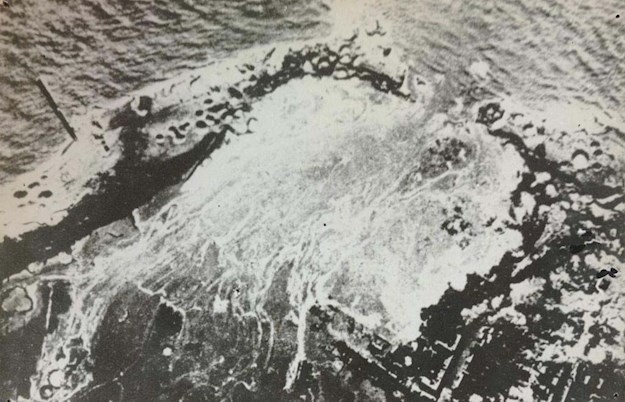On 4 September 1944 British forces captured the city of Antwerp with its port intact. This was a major success for the Allies because it offered them a chance to solve their supply problems. Since the breakout from Normandy the frontline had moved northward at an astonishing pace. This caused problems since every gallon of fuel and every round of ammunition the allied armies needed, had to be brought up from Normandy.
By early September it was simply impossible to bring up enough supplies to keep the Allied armies moving. The British field marshal Montgomery therefore proposed to focus all efforts on a narrow section of the front with Operation Market Garden. The goal of Operation Market Garden was to capture bridges over major rivers in the Netherlands in order to ensure a swift advance towards the heart of Nazi-Germany.
Unfortunately, the operation failed as the bridge over the Rhine at Arnhem remained in German hands. Operation Market Garden had drawn the attention away from the port of Antwerp. This was a big problem because, although Antwerp was captured, its port could not be brought into use as long as German forces controlled the river Scheldt that flowed into the port. The Germans were aware of the critical importance of Antwerp and had prepared strong positions along the river. This situation led to what is known as the Battle of the Scheldt. At stake was the use of the port of Antwerp and in essence the ability of the Allied armies to effectively fight the last phase of the war.
